Chloe Gong is the #1 New York Times bestselling author of the critically acclaimed Secret Shanghai novels, as well as the Flesh and False Gods trilogy. Her books have been published in over twenty countries and have been featured in the New York Times, People, Cosmopolitan, and more. She was named one of the Forbes 30 Under 30 for 2024. Chloe graduated from the University of Pennsylvania with a degree in English and international relations. Born in Shanghai and raised in Auckland, New Zealand, she is now located in New York City.
I had the opportunity to interview Chloe, which you can read below.
First of all, welcome to Geeks OUT! Could you tell us a little about yourself?
Hello and thank you for having me at Geeks OUT! I’m Chloe, I write angsty books ranging from historical fantasy to futuristic dystopian, and I’m a Sagittarius sun, Scorpio moon, and Pisces rising. (Lethal, I know.)
What can you tell us about your new book, Coldwire? What was the inspiration for this story?
Coldwire is the first book in a cyberpunk dystopian trilogy, following a corporate soldier who has been framed for treason and is forced to go on the run with a band of criminals to escape her all-powerful megacorporation employer, NileCorp. In this world, society is segmented between “upcountry,” aka virtual reality, and “downcountry,” aka the physical world—which is NileCorp’s invention, of course. As for inspiration, I’ve been wanting to do cyberpunk since I started writing. I like to describe Coldwire as both a love letter and a scathing critique of the cyberpunk subgenre, because I wanted to embrace its function in criticizing corporate control, the consequences of rapid technology, and class divide… while also subverting its anti-Asian origins.
As a writer, what drew you to the art of storytelling, particularly science fiction?
I was drawn to reading fantasy and science fiction books when I was a teenager because I wanted the sense of escapism, and I started to write for the very same reason. My very perception of self was built by some of my favorite books during my formative years. Storytelling can change minds, verbalize fears and wonders alike, introduce never-before-seen concepts. Reading books and writing books opens the ability to experience so many different perspectives, and genre fiction especially is such a fantastic gateway into loving reading as a hobby and providing this outlet for people.
How would you describe your creative process?
Lawfully chaotic. I am a huge planner. I outline extensively before I start a project. I need to see my entire road map for how a manuscript starts, continues, and ends. Yet, all the same, I find myself veering off-road constantly. Most of my books are diligently planned, and then as I approach the second draft, I go in prepared to rip it apart from the ground up so I can stitch it back together stronger and more cohesively.
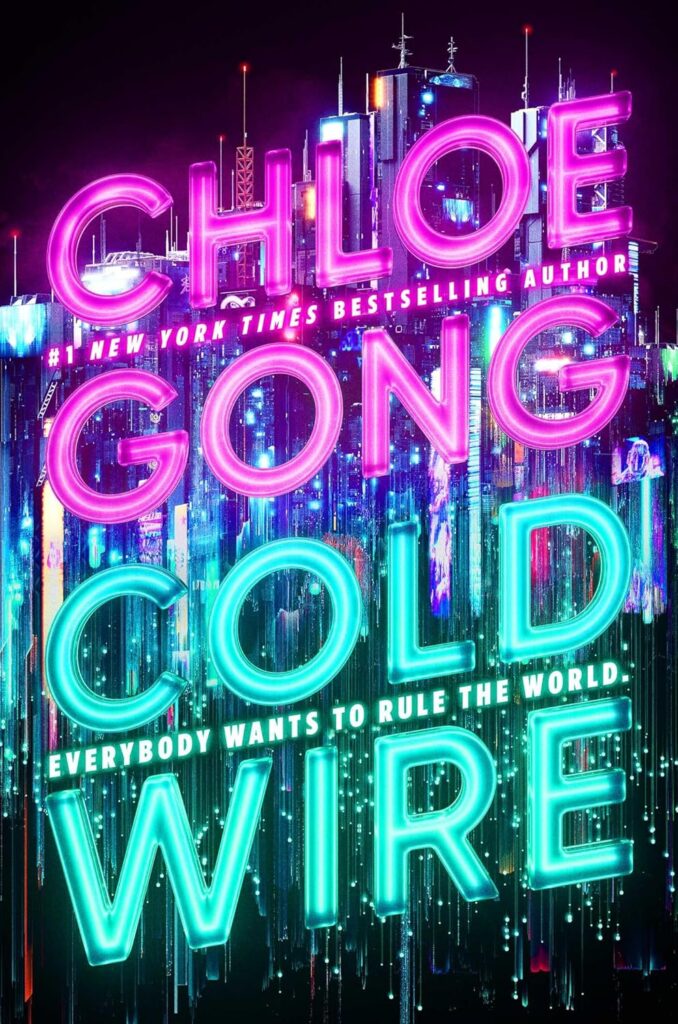
What are some of your favorite elements of writing? What do you consider some of the most frustrating and/or challenging?
There’s something very beautiful about a first draft, but I think it is also the most challenging part of my process. The first draft can feel like magic: the world is being invented with words on the page! Something is being spun out from nothing! But on the flip side, working entirely into a blank document is incredibly intimidating. There is nothing I can do but finish writing it, and trust myself when it comes to remembering that the first draft doesn’t even have to be good, it just has to exist, and that is magical enough in its own right.
As an author, who or what would you say are some of your greatest creative influences and/or sources of inspiration in general?
For a while, my biggest influence was Shakespeare! I was writing retellings of his work and engaging with what I felt were the thematic core of his plays. Very English major of me. With Coldwire, which is my 8th published book and first non-Shakespearean influenced retelling, I have drawn from my other degree instead, in international relations. Dystopian fiction’s purpose, after all, is to invent a society that reflects on our own meaningfully, whether in critique or in thoughtful contemplation. The world of Coldwire does not feel so different from ours, and I hope it invokes questions in my readers about our present day.
What’s a question you haven’t been asked yet but that you wish you were asked (as well as the answer to that question)?
If Coldwire was adapted for film or television, which song would I want an orchestral, dramatic cover to play during the trailer? And to that, I say Angel with a Shotgun by The Cab.
What advice might you have to give for any aspiring writers out there?
Read as much as you can. Read extensively in the genres you want to write in, and read extensively outside of it too. Writing is one of the rare few pursuits where you do not need any formal qualifications nor education. You only need passion, and the diligence to absorb everything you can about this art you want to pursue!
Are there any other projects you are working on and at liberty to speak about?
I just finished a revision of Coldwire’s sequel, which I’m incredibly excited about. It’s Book 2 of the trilogy, and the final scene is something I’ve seen clearly from the moment I started writing Book 1, so it’s been incredible to work on. I’ll also be diving in thoroughly to the final book in my adult fantasy trilogy to finish out this Antony & Cleopatra-inspired saga!
Finally, what books/authors would you recommend to the readers of Geeks OUT?
For sapphics in a zombie apocalypse: If We Survive This by Racquel Marie
For heartwrenching queer romance: You’ve Found Oliver by Dustin Thao
For contemporary coming-of-age: I’ll Pretend You’re Mine by Tashie Bhuiyan

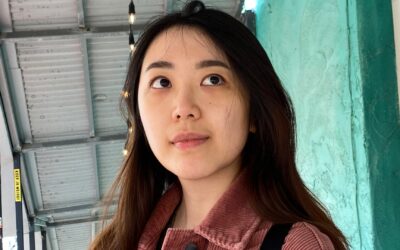
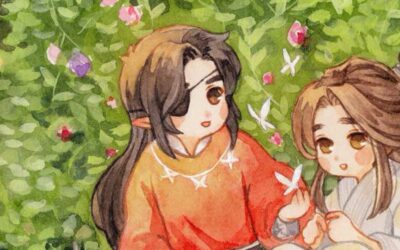
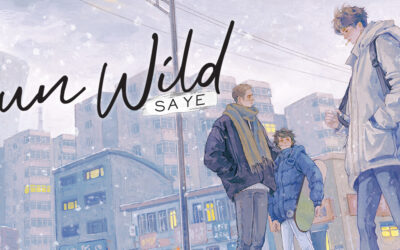
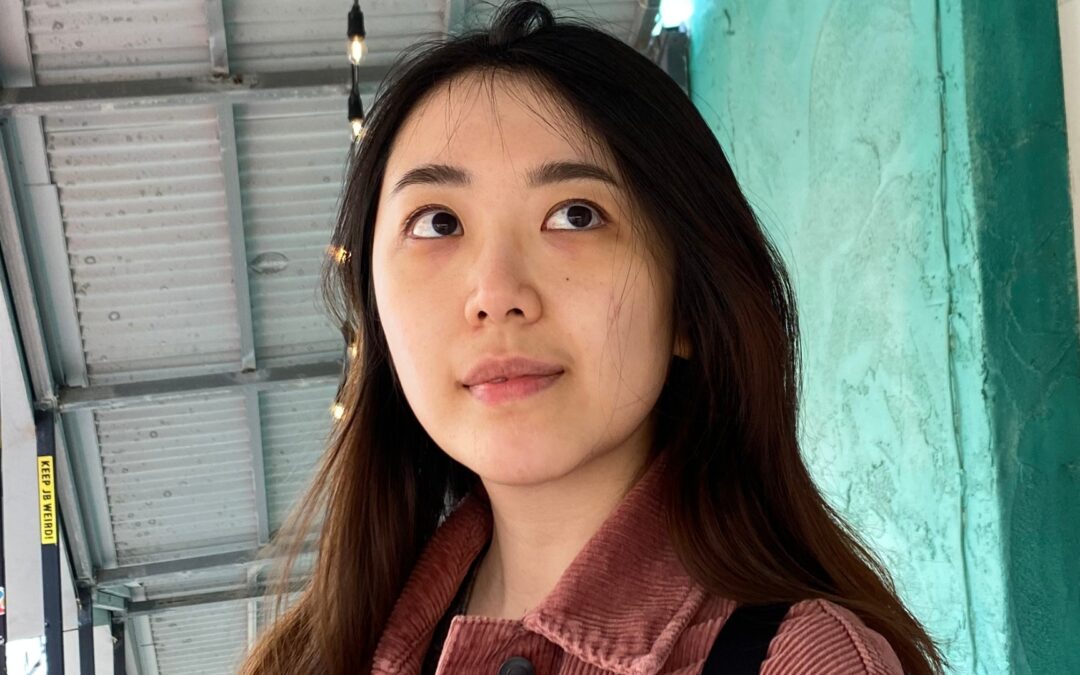
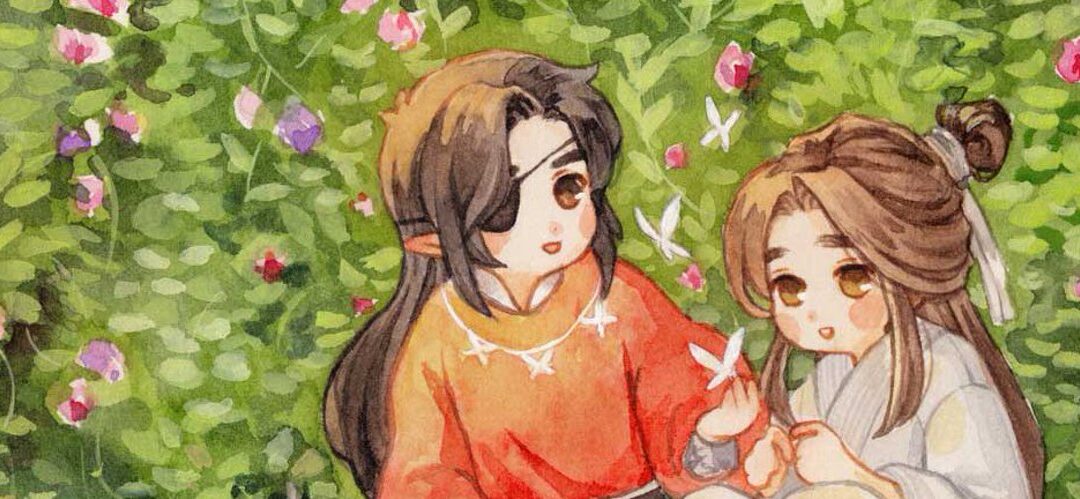
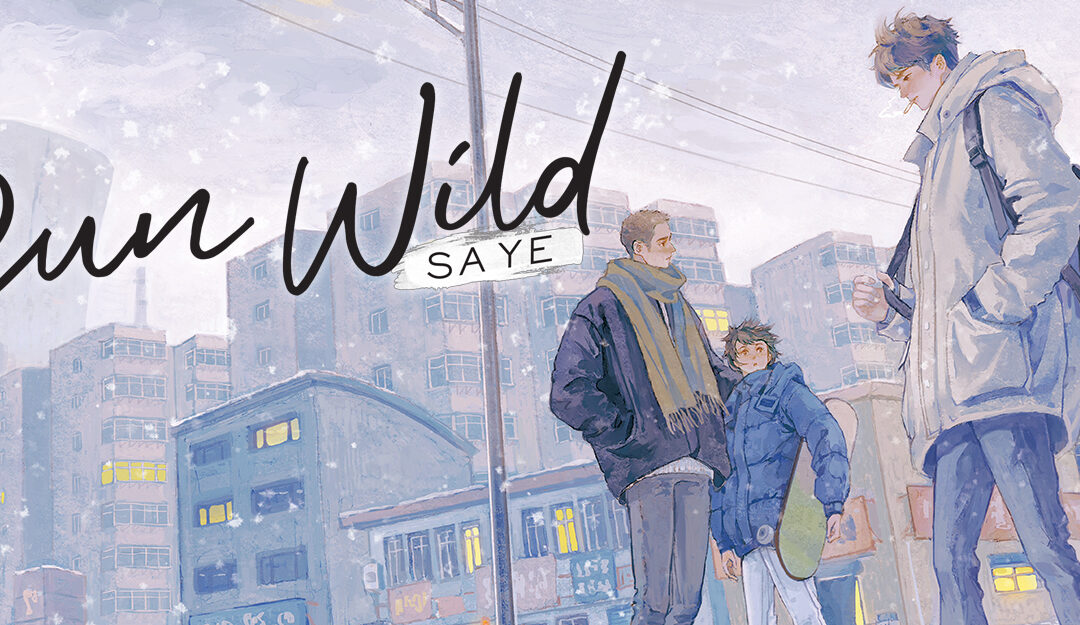
0 Comments